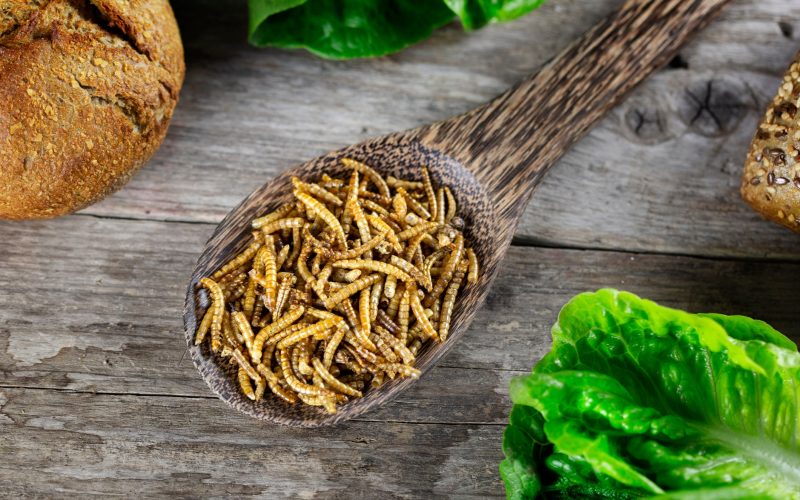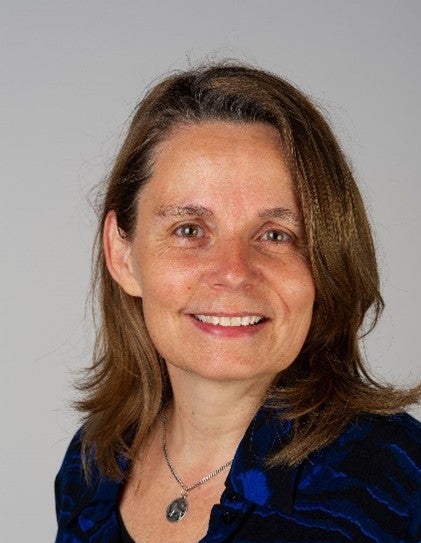Within the research program “Safe and Healthy Food and Food Systems” of the Netherlands Organization for Scientific Research (NWO), three research projects were awarded last week. One of the honored projects within this program is “Monitoring the Safe Introduction of Novel foods” (MoSIN). A consortium led by Kitty Verhoeckx PhD (UMC Utrecht) with partners from the food system aims to improve the understanding of how food allergy develops in a changing food environment, for example from animal- to plant-based food. The knowledge obtained will be used to develop and implement a monitoring system for emerging food allergies.
In recent years, much attention has been paid to the role of nutrition in relation to human health. Indeed, healthy food and a healthy lifestyle can ensure a longer healthy life and thus extend the healthy lifespan. The research program “Safe and Healthy Food and Food Systems” focuses on research into sustainable and innovative food systems that produce healthy and safe food for current and future populations. This research requires an integrated approach to areas of concern in order to gain a broader understanding of healthy and safe food and food systems. Together, three honored projects will receive over €2.5 million from NWO and ZonMw. Societal and private partners are contributing another €1 million.
One of the projects within this program is “Monitoring the Safe Introduction of Novel foods” (MoSIN). This multidisciplinary consortium, for which a total of close to €1.8 million has been made available, is led by researcher Kitty Verhoeckx PhD (assistant professor of food allergy) and co-applicant Thuy-My Le MD PhD (dermatologist), both working at the Department of Dermatology and Allergology (UMC Utrecht). The consortium also consists of partners from the food system (consumers, food allergy patients, physicians, researchers, risk managers/assessors and consultants) who want to improve the understanding of how food allergy develops in a changing food environment (dietary habits, exposure, origin and gender).
The knowledge obtained will be used to develop and implement a monitoring system for emerging food allergies. This will allow for the improvement and harmonization of the management of allergy risks and the communication of understandable allergy information (e.g., on food labels). This project thus contributes to an increased awareness of the risks of allergic reactions to (new) foods, the prevention of allergic reactions and malnutrition and thus lower (healthcare) costs.
The MoSIN consortium is coordinated by UMC Utrecht and the co-applicants are Maastricht University, Wageningen University & Research, HAS Green Academy and Surrey University (United Kingdom). Also involved as co-funders are the following parties: Danone Research, Unilever Safety and Environmental Assurance Centre, Schuttelaar & Partners, Ÿnsect, Natuurproducten Nederland and MacroArray Diagnostics GmbH. Other collaboration partners are: National Institute for Public Health and the Environment (RIVM), Stichting Voedselallergie, LAREB, Centraal Bureau Levensmiddelenhandel (CBL) and Jumbo.
Food allergies affect about 20 million Europeans and are increasing worldwide, a trend that will continue with the introduction and increased consumption of foods based on new protein sources or higher protein concentrations. Food allergies cost society €55 billion annually in direct (medical care, dietary restrictions, etc.) and indirect (illness, time spent finding safe foods, etc.) costs, and negatively impact the quality of life of patients and their families. Symptoms can range from mild reactions such as oral itching to life-threatening conditions such as anaphylaxis. No treatment is available and avoiding the food in question is the only option for prevention. Allergic consumers will avoid certain foods if they are unsure of their safety, leading to dietary imbalances, health problems and failure to accept new and more durable foods.
In addition to MoSIN, two other projects within this program have received NWO funding: (1) “Production, microbial safety and social acceptance of fermented foods from waste streams (PROSAFE)” and (2) “FITTER: dietary fiber to target adverse effects of cancer treatment,” both coordinated by Wageningen University & Research.

